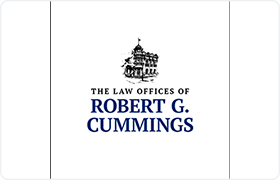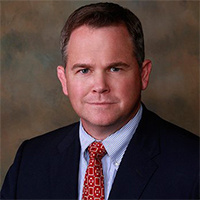Palo Alto White Collar Crime Lawyer, California
Sponsored Law Firm
-
 x
x

Click For More Info:
-
The Law Office of Robert G. Cummings
2000 Broadway St Redwood City, CA 94063» view mapCriminal Defense Law High Quality Aggressive Representation
The Law Offices of Robert G. Cummings is devoted to the defense of individuals and entities charged with or facing criminal prosecution.
800-965-6701
Robert Gary Cummings
✓ VERIFIEDCriminal, DUI-DWI, Felony, White Collar Crime, Misdemeanor
The Law Offices of Robert G. Cummings is devoted to the defense of individuals and entities charged with or facing criminal prosecution. Mr. Cumming... (more)
Mark Cohen
Civil Rights, White Collar Crime, Personal Injury, Administrative Law, Commercial Real Estate
Status: In Good Standing
FREE CONSULTATION
CONTACTFREE CONSULTATION
CONTACTPeter Scott Stern
Estate Planning, Workers' Compensation, Discrimination, White Collar Crime, Medical Malpractice
Status: In Good Standing
Mitchell Perry Miller
White Collar Crime, Estate Planning, Construction, Dispute Resolution, Sexual Harassment
Status: In Good Standing
Tobias W Mock
Litigation, Lawsuit & Dispute, Intellectual Property, White Collar Crime
Status: In Good Standing Licensed: 15 Years
Melissa A. Mccall
White Collar Crime, Securities, Litigation, Federal Appellate Practice
Status: In Good Standing Licensed: 4 Years
Charles Andrew Talpas
Mass Torts, Litigation, Lawsuit & Dispute, White Collar Crime
Status: In Good Standing Licensed: 11 Years
Anna Lily Chase
Mass Torts, Employment Discrimination, White Collar Crime, Personal Injury
Status: In Good Standing Licensed: 11 Years
 Robert Cummings Redwood City, CA
Robert Cummings Redwood City, CA AboutThe Law Office of Robert G. Cummings
AboutThe Law Office of Robert G. Cummings Practice AreasExpertise
Practice AreasExpertise

